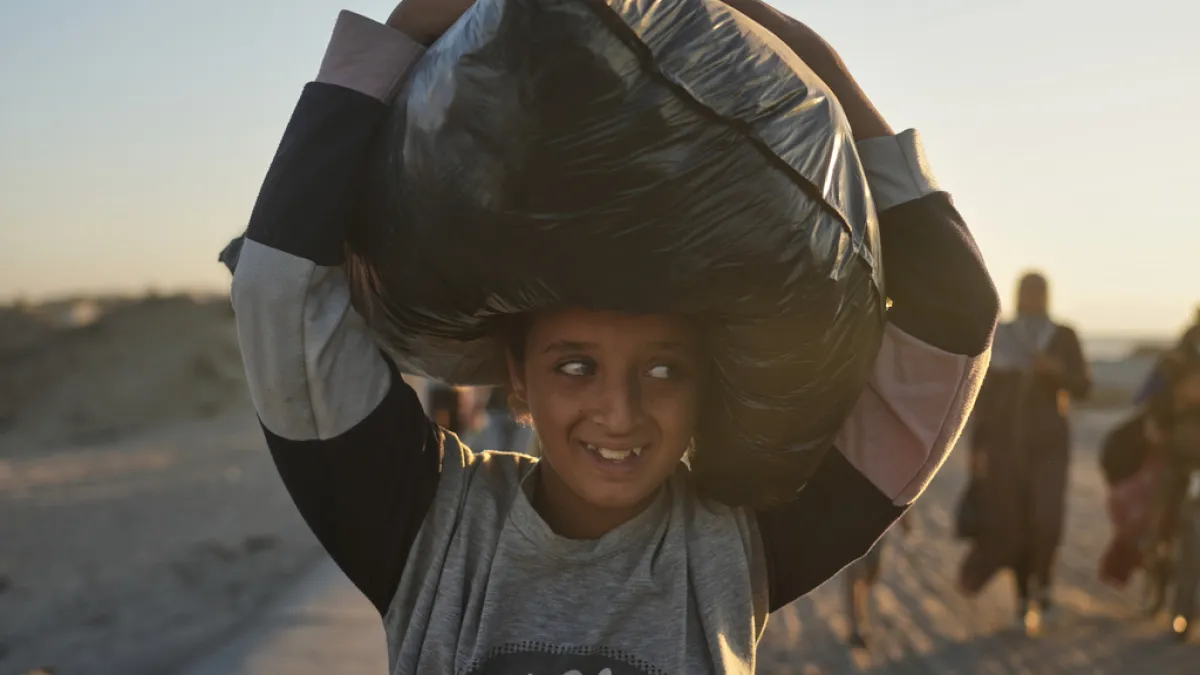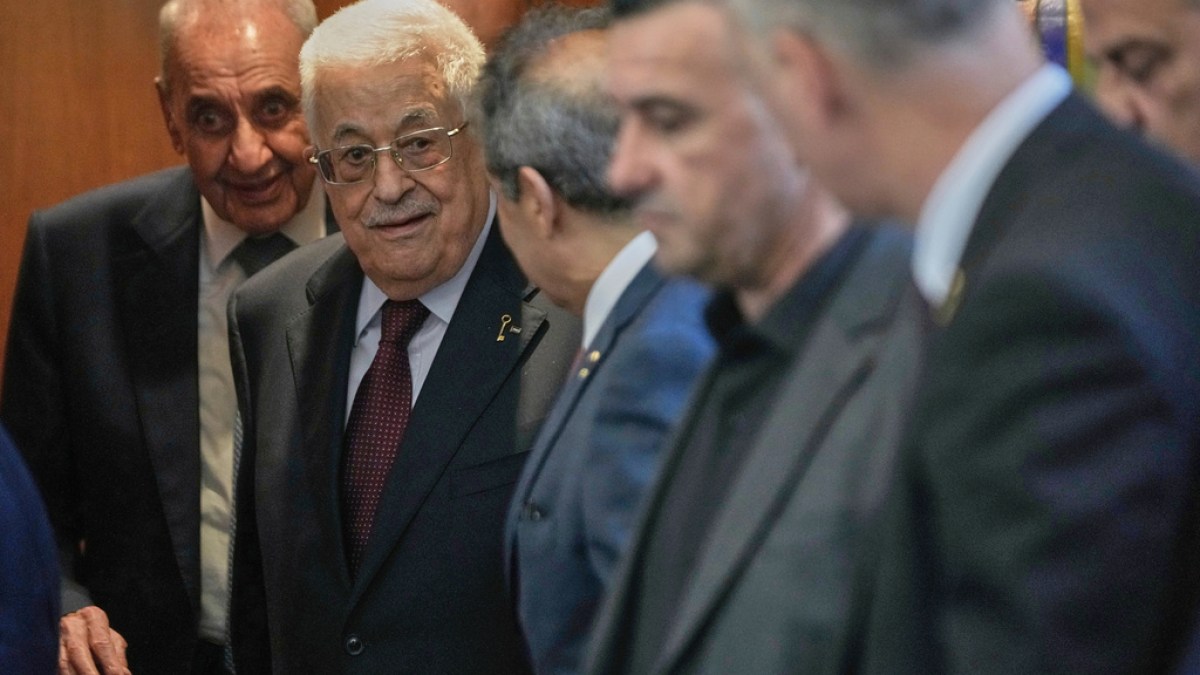Palestine factions refuse foreign guardianship on Gaza as truce takes hold | Israel-Palestine conflict News
Hamas and allied Palestinian factions have reiterated that any decision on the future governance of Gaza is “an internal Palestinian matter” as the ceasefire in the territory takes effect.
In a joint statement on Friday, the Palestinian Islamic Jihad and the Popular Front for the Liberation of Palestine (PFLP) joined Hamas in lauding the steadfastness of Palestinians, which they said foiled Israel’s plans for mass forced displacement in Gaza.
Recommended Stories
list of 3 itemsend of list
“We renew our rejection to any foreign guardianship, and we stress that the nature of the administration of the Gaza Strip and its institutions are an internal Palestinian matter to be determined by the national component of our people directly,” the statement said.
The groups added that they are working on an “urgent comprehensive national meeting” to discuss next steps after the ceasefire.
“This will unify the Palestinian position, formulate a comprehensive national strategy, and rebuild our national institutions on the foundations of partnership, credibility, and transparency,” they said.
It is not clear whether Fatah, the faction that dominates the Palestinian Authority, has agreed to be part of the meeting.
United States President Donald Trump’s 20-point Gaza plan includes the creation of a new international body, dubbed the “Board of Peace”, that would be tasked with overseeing an interim authority of technocrats to govern Gaza.
According to the scheme, Trump himself would chair the board, which would also include former British Prime Minister Tony Blair.
The first stage of the ceasefire, to which both Hamas and Israel agreed, is linked to Trump’s plan, but it remains unclear how Gaza will be governed going forward.
Captive releases; aid trucks for Gaza
Al Jazeera obtained a copy of the stipulations of the agreement, which calls on Hamas to hand over the Israeli captives within 72 hours without any public celebrations or media ceremony.
The deal also would ensure that at least 600 aid trucks reach Gaza daily, as well as the rehabilitation of water stations and the establishment of camps to shelter people in the enclave.
Tens of thousands of displaced Palestinians began their journey to their homes in the north of the territory on Friday as the Israeli military started to withdraw from coastal areas.
The Palestinian Civil Defence said it retrieved 63 bodies from the streets of Gaza City after the truce came into effect on Friday. Thousands of Palestinians remain missing amid difficulty in pulling victims from under the rubble and reaching areas under Israeli military control.
Al Jazeera’s Hani Mahmoud described near total destruction in Gaza City after weeks of intense Israeli bombardment.
“On the way to Gaza City, as we approached the main entrance on the coastal road, it was already unrecognisable by the vast destruction and devastation of many of the buildings,” Mahmoud said.
“During our displacement journey, when we left the city, we counted 15 buildings either partially standing or still fully intact, inhabited by some of the displaced families. On our way back, we did not see them.”
Later on Friday, the Gaza Government Media Office stressed the need for a comprehensive reconstruction plan for the territory.
The first phase of the agreement calls for the entry of equipment to remove the rubble – a first step towards reconstruction.
The deal also says that United Nations agencies and other aid groups would distribute the humanitarian assistance, effectively sidelining the controversial Israel and US-backed GHF.
Hundreds of Palestinians were killed over the past months as they tried to reach GHF sites deep inside Israeli lines of control. Rights groups have described the mechanism as a death trap.
But GHF announced on Friday that it will continue to operate despite the ceasefire.
“GHF’s team on the ground continues to provide humanitarian aid and food to all those who need it,” GHF executive director John Acree said in a statement.
“We will not rest so long as there are Gazans in need. It’s our mission, and it continues on.”
GHF whistleblowers have documented horrific abuses committed in and around the private foundation’s sites.

